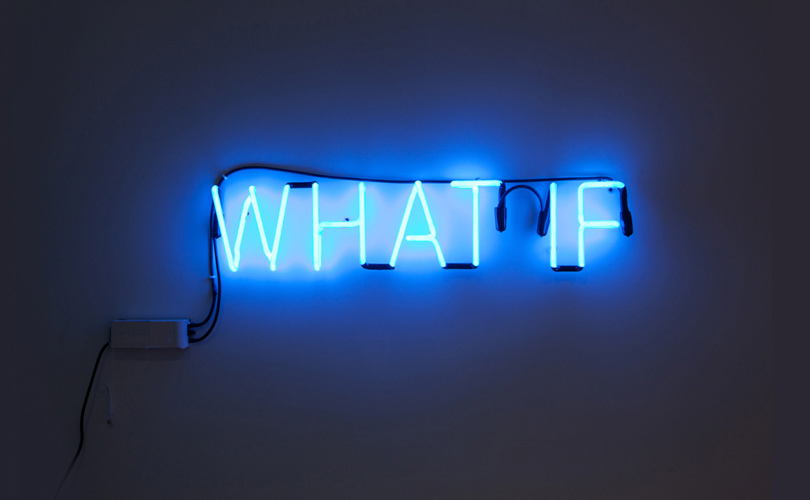
Should the church or the state be supreme on earth? This was a question in the middle ages; it is relevant question today, and it will need an answer in the future as the Kingdom continues to advance on the earth.
This was a real issue in the middle ages. Two events acutely illustrate how serious the question was in the middle ages. The first event was the murder of Thomas Becket on December 29, 1170 in Canterbury Cathedral. Becket had served as Lord Chancellor for King Henry II of England since 1155, and was so competent and loyal that in 1162 Henry decided to appoint Becket Archbishop of Canterbury, the head of the church in England.
But Becket, who apparently understood what it meant to do his job sincerely, acted in loyalty to the church rather than Henry when Henry demanded he sign papers effectively acknowledging the supremacy of the crown over the church. Becket’s loyalty to the church led ultimately to Becket’s murder in Canterbury cathedral by some of Henry’s men in 1170. Whether Henry impliedly ordered or merely negligently enabled Becket’s murder will probably never be known, but Henry publicly repented, and the relationship between the church and state was temporarily restored.
Continue reading “Should the Church or State be Supreme on Earth? (Part I)”


